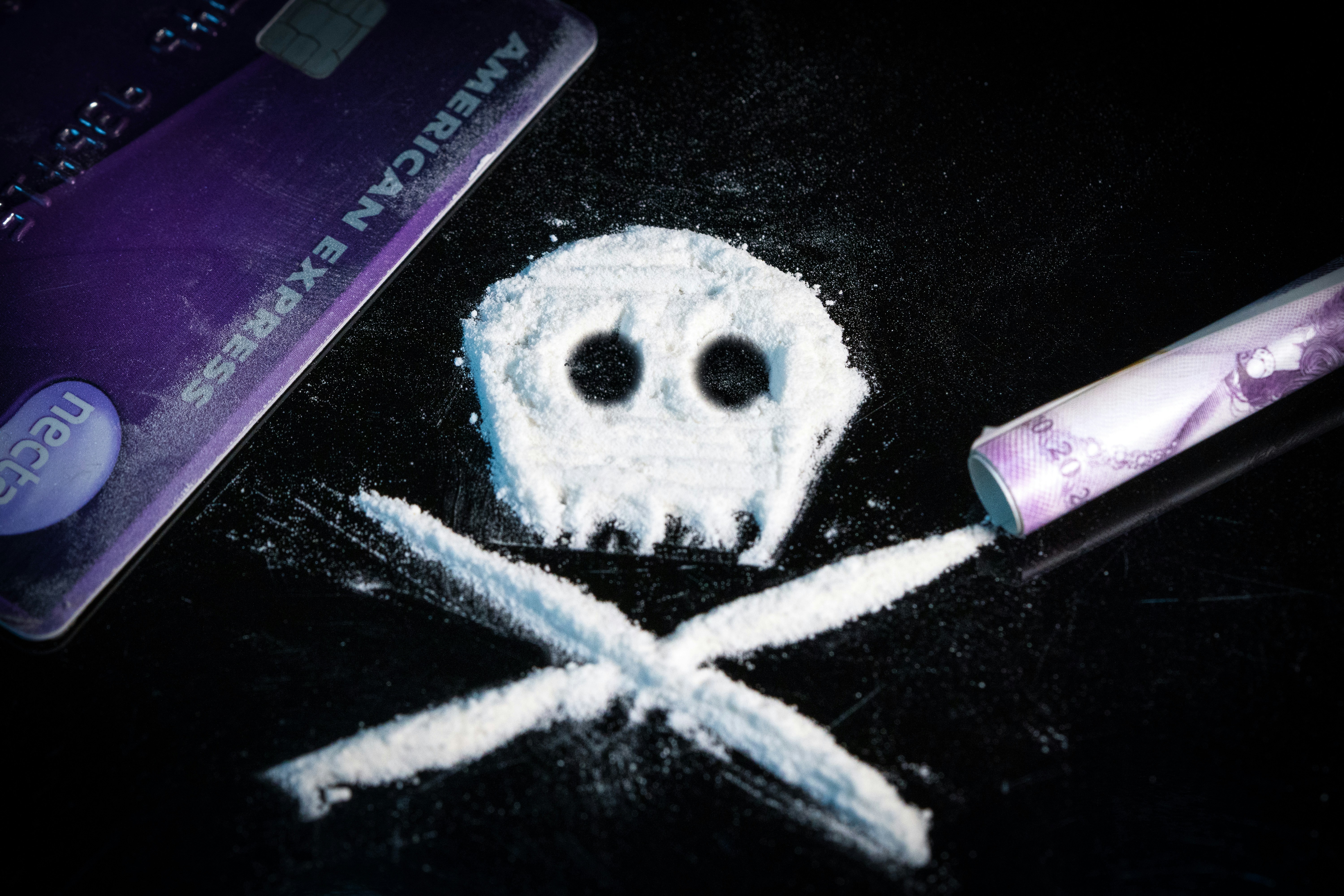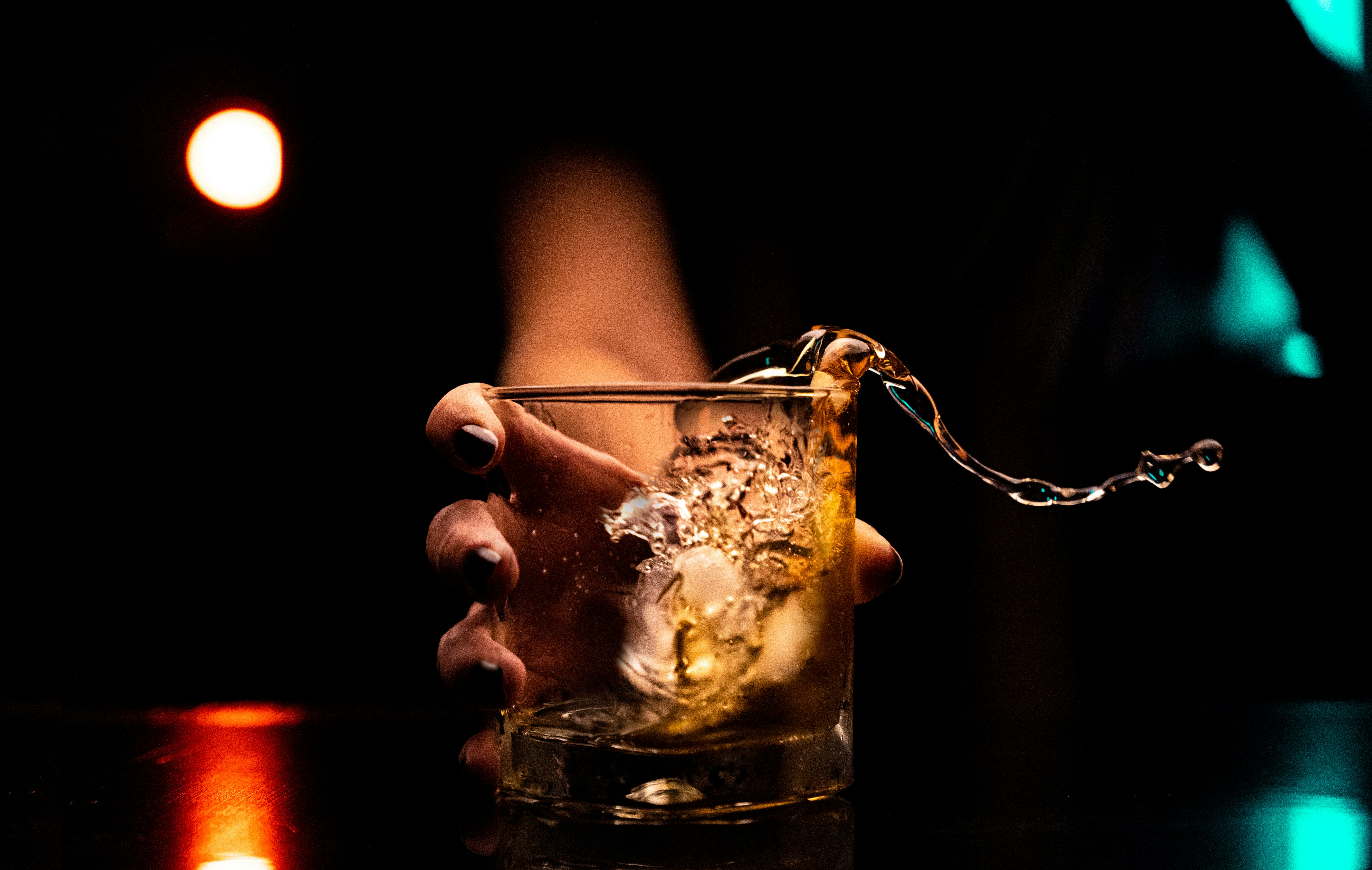Cravings can feel overwhelming, especially when you’re trying to change your relationship with substances like drugs and alcohol. Understanding cravings and how to manage them is essential to remain out of active addiction and maintain long-term sobriety.
Edward Martinez, a seasoned clinician at Mountainside Treatment Center, emphasizes that “cravings are a normal part of the recovery process,” and learning to navigate them can empower people to regain control over their lives. Read on to learn about various strategies to help you effectively manage cravings and how to live a sober life.
Understanding Cravings
Drug and alcohol cravings are intense urges that compel individuals to use their substance of choice, often leading to internal conflict. The psychological and emotional impacts of alcohol and drugs run deep into the psyche. Individuals are then dealing with urges to drink or use drugs, which can be difficult to navigate. These desires can emerge due to various triggers, both external and internal, making it crucial to understand their nature.
What Causes Cravings?
Triggers
Cravings often arise from specific situations or emotions. External triggers can include
- Environments associated with past use (e.g., bars, parties)
- Social gatherings where substances are present
- Certain times of day or routines that include drinking or using drugs
Internal triggers may involve
- Emotional states like stress, anxiety, or sadness
- Physical sensations such as fatigue or discomfort
- Memories linked to previous substance use
Brain Chemistry
Prolonged substance use alters brain chemistry, affecting neurotransmitters that regulate mood and pleasure. When people begin living sober, they may experience withdrawal symptoms or emotional distress, leading to drug and alcohol cravings.
Habit Formation
Drug and alcohol use often becomes a habitual response to stress or discomfort. Over time, the brain begins associating certain situations with the positive feelings derived from substances, reinforcing the desire to use them.
Duration of Cravings
How long do alcohol cravings last? Cravings for drugs and alcohol can vary in duration. For some, they may pass within a few minutes, while others might experience them for longer periods. Generally, cravings can last from a few seconds to about 20 minutes. Healthy coping strategies for drug cravings include being aware of how long these typically last.
Strategies to Manage Drug and Alcohol Cravings
The stages of alcohol recovery or drug recovery include a robust relapse prevention plan that helps with managing triggers. Successfully navigating cravings involves a combination of immediate coping techniques and long-term strategies. Here are several effective methods:
Immediate Coping Techniques
- Acknowledge the craving: A mental relapse occurs before the physical one. The first step is to recognize and accept the craving without judgment. Understanding that cravings are a natural part of recovery can help reduce their power.
- Distraction: Engaging in alternative activities can effectively shift focus away from cravings. Consider creating a list of distractions, such as:
- Going for a walk or exercising
- Listening to music or podcasts
- Engaging in a hobby or creative activity
- Mindfulness practices: Techniques such as deep breathing, meditation, or yoga can help ground you in the present moment. Focusing on your breath or surroundings can diminish the intensity of cravings.
- Reach out for support: Connecting with someone who understands your struggles can provide emotional relief. Whether it’s a friend, family member, or support group, sharing your feelings is solid alcohol addiction help that can let you ride out the craving.
When it comes to acknowledging cravings, Martinez writes, “It is important to remember that the cravings that you are feeling are okay and are completely natural to the process of recovery.”
Long-Term Strategies for Cravings
- Identify and avoid triggers: Understanding your triggers is crucial. Keep a journal to track when cravings occur and what situations or emotions precede them. This awareness can help you avoid or prepare for these triggers in the future.
- Build a support network: Establishing a strong support system through recovery groups, friends, or family can provide encouragement and accountability, and is a part of a substance abuse treatment plan. Sharing your experiences with others can reinforce your commitment to sobriety.
- Develop healthy routines: Incorporating healthier habits into your daily life can reduce cravings. Focus on
- Regular exercise to boost mood and reduce stress
- Balanced nutrition to maintain energy levels
- Adequate sleep to support mental health
- Therapeutic interventions: Consider engaging in therapy or counseling to address underlying issues related to substance use. Cognitive behavioral therapy (CBT) can be particularly effective in changing thought patterns associated with cravings. CBT for alcoholism has been used for decades.
- Medication options: There are anti-craving medications that can help. For some individuals, medication may be beneficial in managing cravings. Consult with a healthcare professional to explore options such as naltrexone or acamprosate, which can help reduce cravings and withdrawal symptoms.
Naltrexone or buprenorphine for alcohol use disorder (AUD) or opioid use disorder (OUD) are common both in detox and rehabilitation centers and as addiction treatment options in outpatient settings.
There are quite a few FDA-approved drugs for alcohol addiction treatments. Some have asked, “Is there a shot to make you stop drinking?” Nothing can make you “stop” drinking, however, Vivitrol (naltrexone in shot form) is administered once per month and can help with managing triggers and cravings. Selective serotonin reuptake inhibitors (SSRI) antidepressants for alcohol and drug treatment are also common.
Embracing a New Lifestyle
Transitioning from active use or a rehab center to a life free from substances requires a shift in mindset and lifestyle. Here are some ways to embrace this change:
Creating a Personal Toolkit
Recovery Toolkit
Assemble a collection of resources that support your recovery journey. Resources for drug and alcohol abuse can include
- Books or articles on recovery
- Drug and alcohol abuse programs
- Inspirational quotes or affirmations
- Tools for mindfulness or stress reduction
- Alcohol counseling or a drug abuse counselor
Engage in Meaningful Activities
Finding purpose in daily life can significantly reduce cravings. Consider volunteering, pursuing education, or engaging in hobbies that bring you joy. Negative triggers and emotion and thought patterns dissipate when you are being of service or bettering yourself.
Practice Self-Compassion
Be kind to yourself throughout this process. Understand that setbacks may occur, and it’s essential to treat yourself with the same compassion you would offer a friend. If you have a slight relapse, immediately reach out to your support system for help.
Building Resilience
- Recognize progress: Celebrate your achievements, no matter how small. Tracking your progress can help reinforce positive changes in your life.
- Stay committed: Recovery is a lifelong journey. Remind yourself of your reasons for wanting to change and the benefits of a substance-free life.
- Adapt and adjust: Be flexible in your approach. If a particular strategy isn’t working, don’t hesitate to try something new. Recovery is about finding what works best for you.
Managing triggers and cravings is a vital aspect of recovery from substance use. By understanding the nature of cravings, identifying triggers, and employing effective coping strategies, people can regain control over their lives.
If you or a loved one is struggling with addiction, Mountainside can help.
Click here or call (888) 833-4676 to speak with one of our addiction treatment experts.

 By
By 







